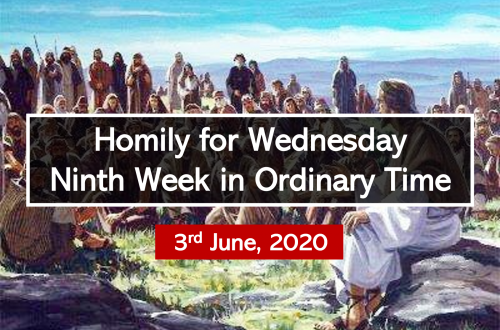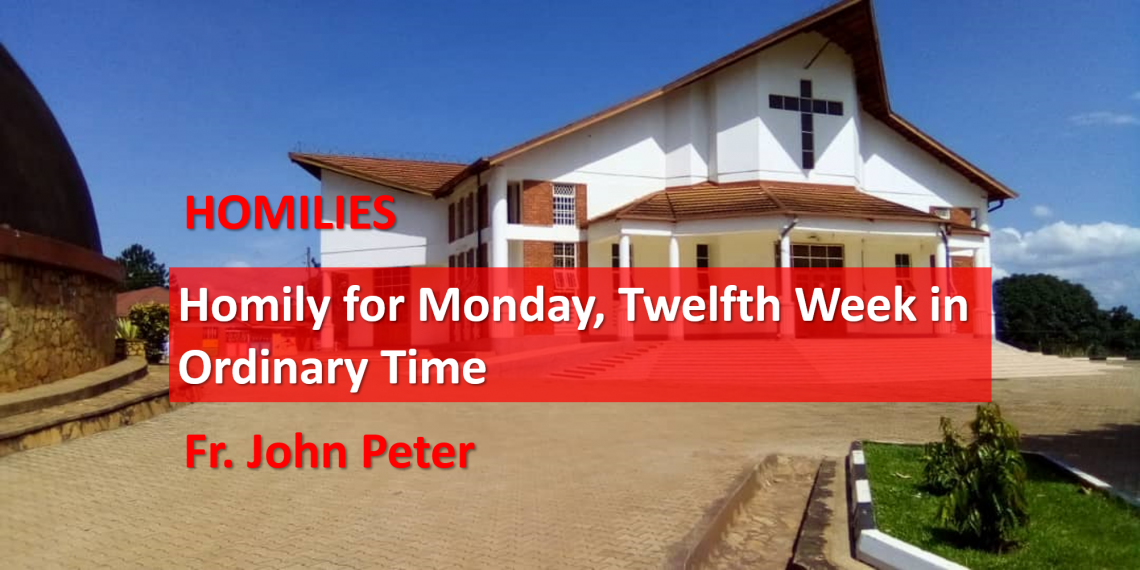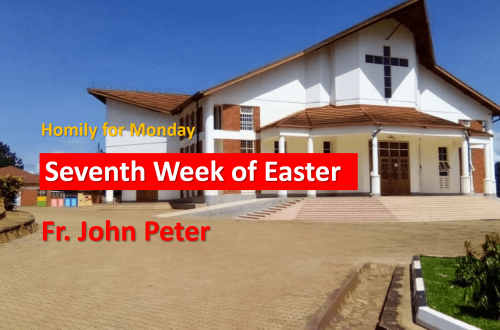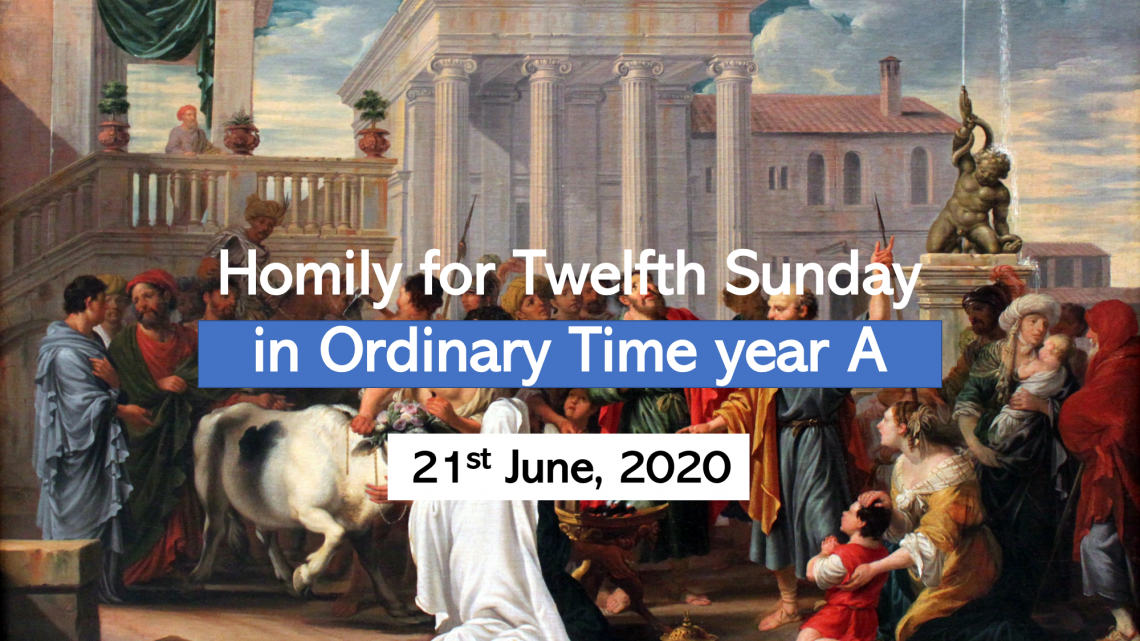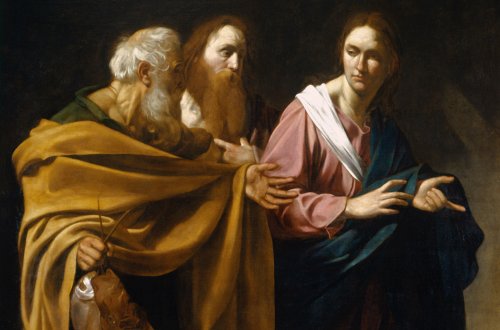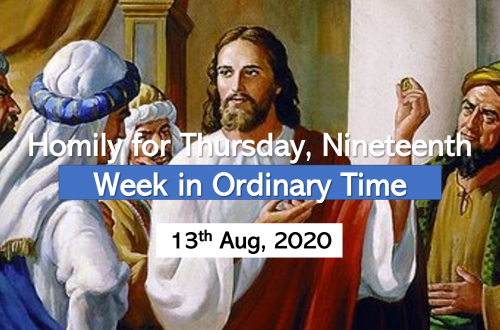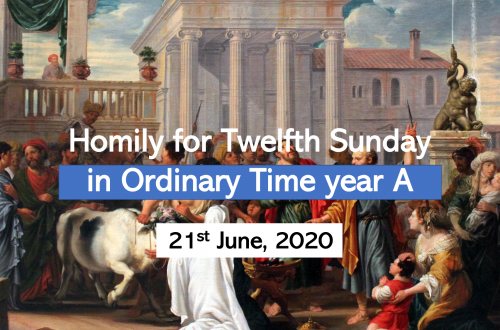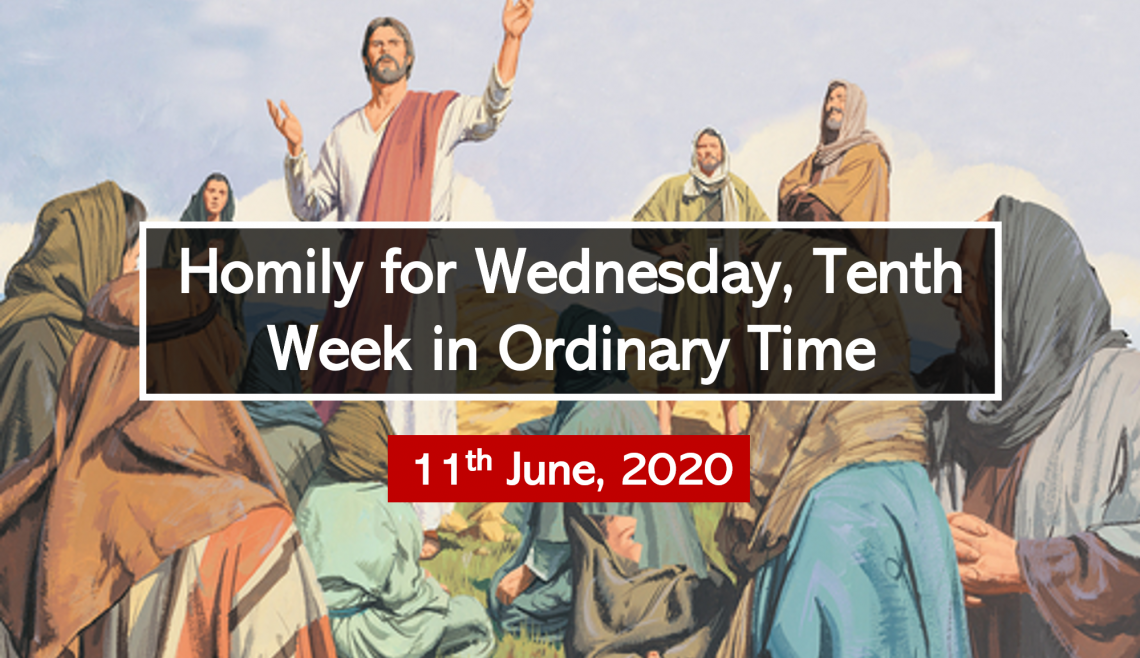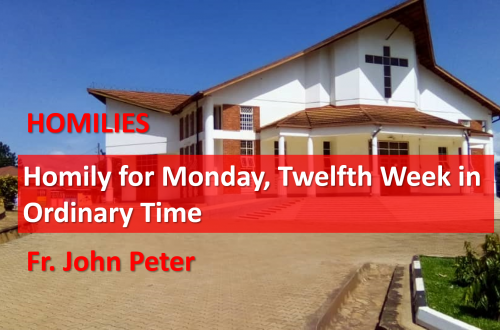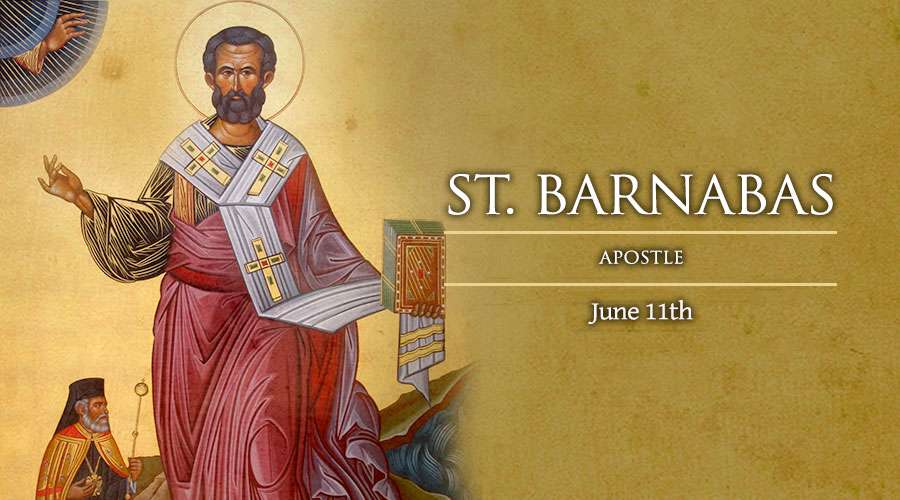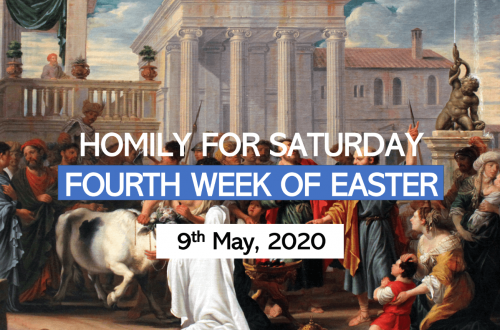In the gospel reading Jesus reduces all of the Jewish Law and the Prophets to a very short maxim, ‘always treat others as you would like them to treat you’. Jesus invites us to imagine how we would like people to treat us, to ask ourselves the question, ‘what do I really want from another person?’ Most of us would answer that question along similar lines. We want from others respect, tolerance, loyalty, understanding, compassion, justice. Having engaged in that exercise of imagining how we would like others to treat us, Jesus then declares that we should act towards others…
Homily for Monday, Twelfth Week in Ordinary Time
2 Kgs 17:5-8, 13-15a, 18 Mt 7:1-5 We live in a somewhat judgmental society. If someone fails in some way, people can take a certain delight in drawing attention to their failure. In that sense, the message of Jesus in today’s gospel reading has a somewhat subversive feel to it, ‘do not judge, and you will not be judged’. Jesus seems to be suggesting that when we judge others, we are leaving ourselves open to God’s judgment. Jesus may be implying that when we judge someone, we are doing something that only God can do. We simply do not have…
Homily for Twelfth Sunday in Ordinary Time year A
In all our lives there are areas that are quite public and other areas that are very private. We are happy to talk about some things in the public forum, but careful to talk about other matters only in the privacy of our home, or perhaps not at all. The line between the private and the public can vary between one person and another. Issues that some people might consider to be of legitimate public interest, others might regard as belonging exclusively in the private domain. We know more about some people than about others, and some are more open…
Homily for Thursday, Eleventh Week in Ordinary Time
Sir 48:1-14 Mt 6:7-15 When it comes to prayer, we all feel a little inadequate. We often sense that our prayer is not all it could be. The sense that we are not praying well can often leave us discouraged and keep us from praying, at least from engaging in private, personal prayer. Paul was aware of how we can struggle to pray. That is why in his letter to the Romans he says, ‘we do not know how to pray as we ought’. In that very same verse, however, he declares, ‘the Spirit helps us in our weakness… that…
Homily for Wednesday, Tenth Week in Ordinary Time
1 Kgs 18:20-39 Mt 5:17-19 In the gospel reading, Jesus the Jew shows himself to be respectful of his own Jewish tradition, ‘don’t imagine that I have come to abolish the Law and the Prophets’. However, he also declares that he has come to complete the Law and the Prophets, to bring their true intention to fulfilment. Jesus valued the good in his tradition but was also open to the ways that God was working to enrich that tradition. We too are called to value the good in our own tradition, but also to critique the shadow side to that…
Homily for the Feast of Saint Barnabas, Apostle
Barnabas does not feature in the gospels but he is a significant figure in the Acts of the Apostles, Luke’s story of the early years of the church. He was originally a leading member of the church in Jerusalem. According to this morning’s first reading, he was instrumental in encouraging a new development that took place in the city of Antioch, where the gospel was preached to pagans for the first time. He clearly saw the hand of the Lord in this new phenomenon. According to our reading, Barnabas encouraged Saul or Paul to leave the church in Tarsus, Paul’s…



